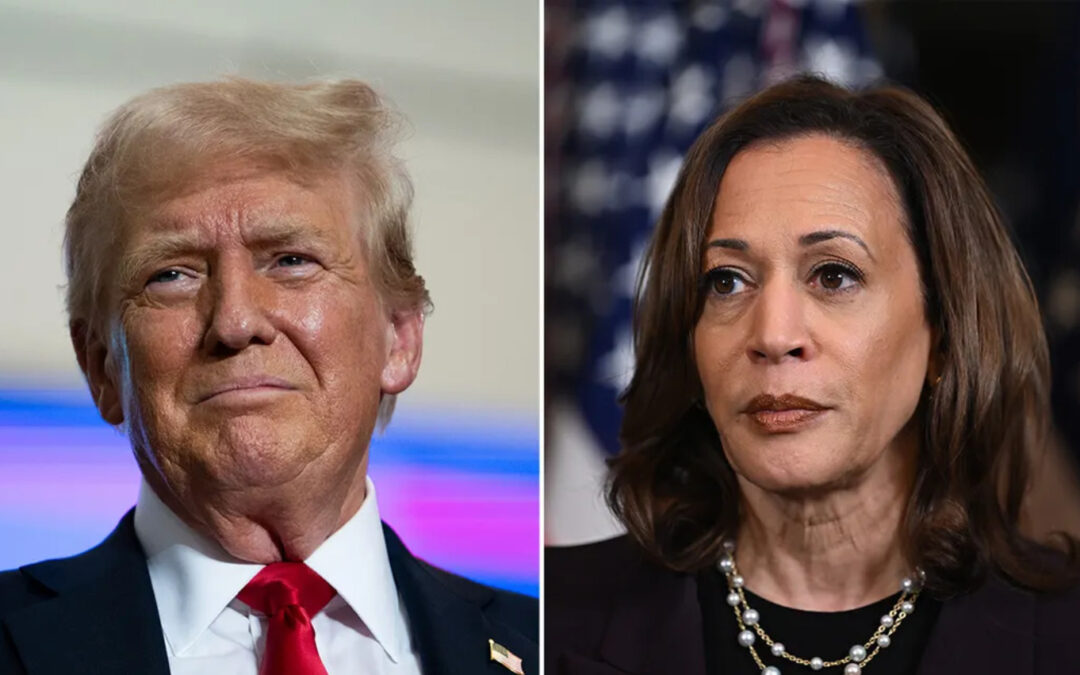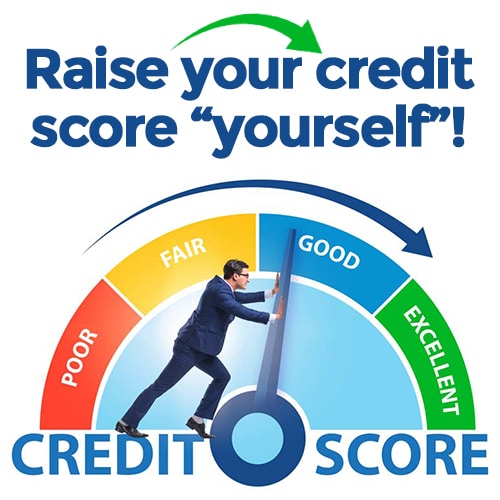Former President Donald Trump has retaken a lead over Vice President Kamala Harris in a broad new national survey, a potential indicator that her “honeymoon” period with voters saw her close the gap with her GOP opponent after President Joe Biden dropped out of the race in July could be waning.
According to a newly released Fox News poll, Trump bested Harris by a slim 1-point margin, 50-49 percent, which is well within the poll’s margin of error. Last month, the results were identical in terms of margins: Harris was behind Trump by one point, 48-49%—as was President Joe Biden, with the same 48-49% result.
Since the last poll, several high-profile events have occurred. Trump has survived an assassination attempt, chosen Sen. J.D. Vance as his running mate, and formally received the Republican nomination at the party’s convention. Meanwhile, the Democrats have seen significant changes, removing Biden from the ticket and nominating Harris, who did not receive any primary votes.
By a slim margin, more Democrats support Harris (94%) compared to the percentage of Republicans backing Trump (93%), with Independents favoring Trump by 8 points. Trump maintains 95% of his 2020 supporters, while Harris retains 93% of Biden’s 2020 voters. New voters, who haven’t participated in the last four general elections, are evenly split at 49% for each candidate, a shift from last month when they preferred Trump over Biden by 7 points, Fox noted.
There is a 22-point gender gap, as men favor Trump by 12 points and women favor Harris by 10, the outlet reported.
In the expanded presidential ballot, both Harris and Trump each receive 45% of the vote, while support for Kennedy is at 6%. The remaining candidates garner 1% each. Kennedy’s support has decreased from 10% in July and a high of 15% in November 2023. Among those backing Harris in the head-to-head matchup, 7% shift their support to third-party candidates, compared to 9% of Trump supporters who do the same, the poll found.
Harris has a slight edge in personal likability, with a 3-point negative net rating—48% of voters view her favorably, while 51% have an unfavorable opinion. In comparison, Trump is 6 points underwater, with 47% viewing him favorably and 53% unfavorably, although these are his best ratings in over four years. Both candidates had seen improvements since last month when Harris had a 10-point negative net rating, and Trump was at negative 12.
In contrast, Biden’s favorable rating is significantly lower at 38%, compared to 61% unfavorable—his worst rating since before his selection as Barack Obama’s running mate in 2008.
Among the candidates, Walz stands out with a net positive rating: 41% view him favorably and 39% unfavorably, while 16% are unfamiliar with him. Vance has a 13-point negative net rating (38% favorable, 51% unfavorable), with 9% not knowing him. Notably, 21% of Republicans have a negative view of Vance, while only 10% of Democrats view Walz negatively, the survey found.
“Equal numbers of those preferring Harris and Trump say they are extremely motivated about voting this year (68% each). Last month, Trump backers (66%) were 5 points more likely than Biden supporters (61%) to say they were extremely motivated,” Fox reported.
In May, Biden supporters were nearly evenly divided between voting “for” him and voting “against” Trump (51% vs. 48%). With Harris now in the race, 63% of her supporters describe their vote as being “for” her. For Trump supporters, the sentiment has consistently been about voting “for” him, with 71% expressing this view in May and 77% now, Fox noted.
Harris outperforms Trump by 7 points in being perceived as honest and trustworthy (48% vs. 41%) and by 5 points in showing empathy (49% vs. 44%). She also leads by 8 points in being seen as mentally sound enough to serve effectively as president (58% vs. 50%). Trump holds a 5-point advantage in being viewed as a strong leader (52% vs. 47%).
Almost half of voters see Harris’s positions as “too liberal” (45%), and a similar percentage view Trump’s positions as “too conservative” (45%). Roughly equal numbers believe each candidate’s positions are “about right” (43-45%), the survey found.









